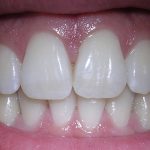Why removing wisdom teeth is important: The consequences of not getting them removed
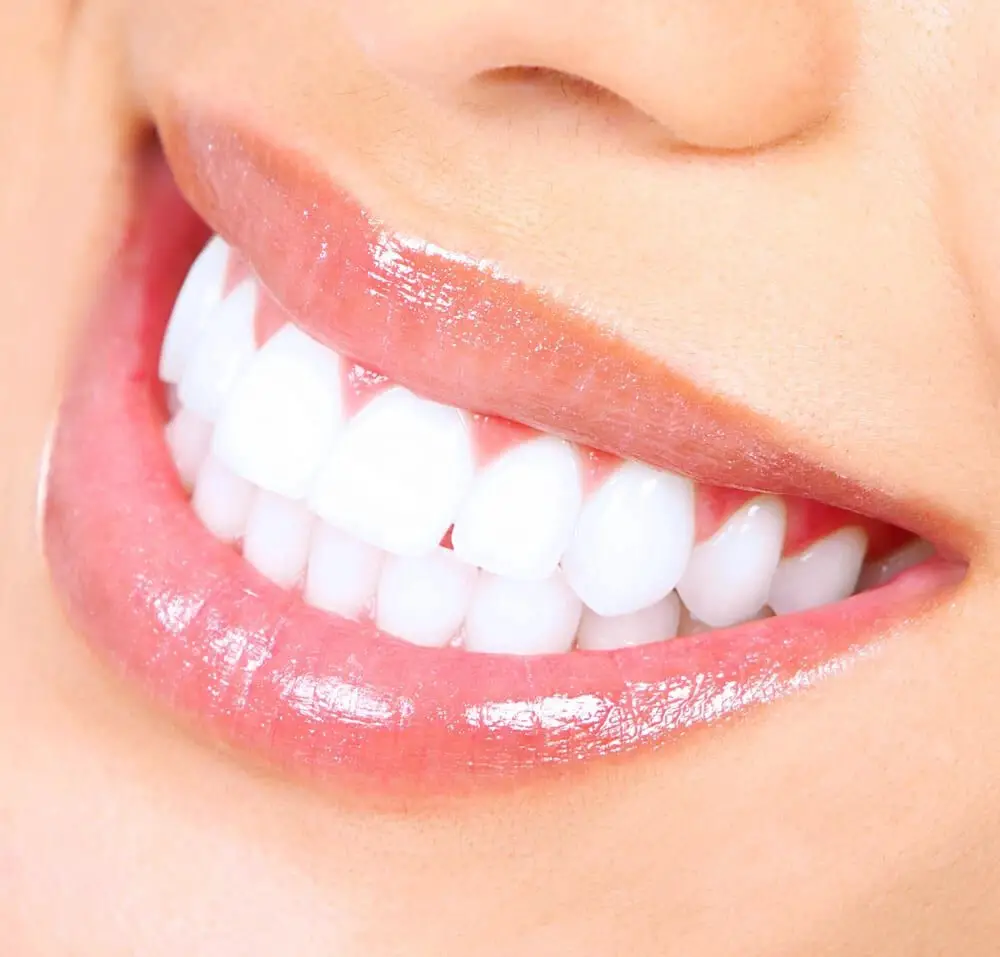
Wisdom teeth, also known as third molars, are the last set of teeth to emerge in the mouth, usually in late adolescence or early adulthood. While some people may not experience any problems with their wisdom teeth, others may need to have them removed. Failure to do so can lead to a variety of consequences, from mild discomfort to serious health issues. In this article, we will explore why removing wisdom teeth is important and the consequences of not getting them removed. One of the most common reasons for wisdom teeth removal is impaction, which occurs when the teeth do not have enough room to emerge properly and become trapped in the jawbone. Impacted wisdom teeth can cause pain, swelling, and infection, and they can also damage adjacent teeth and gums. If left untreated, impacted wisdom teeth can lead to more serious problems, such as cysts or tumors that can damage the jawbone and surrounding tissues. Removing wisdom teeth before they become impacted can prevent these complications and ensure good oral health.
Wisdom teeth, also known as third molars, are the last set of teeth to emerge in the back of the mouth. They typically appear between the ages of 17 and 25, and while some people have no issues with their wisdom teeth, they can cause a variety of problems. Due to a lack of space in the mouth, wisdom teeth can grow in at an angle, pushing against neighboring teeth and causing pain, swelling, and infection. Additionally, it can be difficult to properly clean wisdom teeth, leading to decay and gum disease. In some cases, wisdom teeth may not fully emerge, becoming impacted and causing further complications. As a result, removing wisdom teeth is often recommended to prevent these potential consequences.
Understanding the need to remove wisdom teeth is crucial to maintain proper oral health. Failure to remove them can lead to various complications such as overcrowding, infection, and damage to surrounding teeth. Furthermore, impacted wisdom teeth can cause pain and discomfort, making it difficult to eat and speak. In severe cases, wisdom teeth can also lead to the development of cysts and tumors, which can cause permanent damage to the jawbone and adjacent teeth. Therefore, it is essential to seek the advice of a dental professional and undergo wisdom teeth removal surgery to prevent further complications and maintain optimal oral health.
What are wisdom teeth?

Wisdom teeth, also known as third molars, are the last set of teeth to emerge in the back of the mouth, usually during the late teenage years or early adulthood. These teeth were once necessary for our ancestors, whose diets consisted of tough, raw meat and roots that required extensive chewing. However, as our diets have evolved and our jaws have become smaller, many people no longer have enough room in their mouths for these teeth to fully emerge. This can cause them to become impacted, meaning they are stuck beneath the gum line and unable to fully emerge. While not all wisdom teeth need to be removed, impacted wisdom teeth can cause a range of problems if left untreated. These teeth can become infected, cause pain and swelling, and even damage other teeth by pushing them out of alignment. In some cases, impacted wisdom teeth can also lead to the development of cysts or tumors in the jawbone. Therefore, it is important for individuals to have their wisdom teeth evaluated by a dental professional to determine whether or not they need to be removed.
Wisdom teeth, also known as third molars, are the last set of teeth to develop in the human mouth. They usually appear between the ages of 17 and 25, located at the very back of the mouth, behind the second molars. Most people have four wisdom teeth, but some may have fewer or none at all. Despite their name, wisdom teeth do not provide any additional wisdom and often cause more trouble than they are worth. They can become impacted, meaning they do not fully emerge from the gums, leading to pain, infection, and damage to surrounding teeth. Therefore, it is important to consider the removal of wisdom teeth to avoid further complications.
The emergence of wisdom teeth can vary from person to person, but they typically start to appear in the late teenage years or early twenties. Failure to remove these teeth can lead to a variety of issues, including overcrowding, tooth decay, gum disease, and even cysts or tumors. This can result in significant pain, discomfort, and the need for more extensive dental procedures down the line. It’s important to work with a qualified dental professional to determine the best course of action for your unique situation and ensure that your oral health remains in top shape for years to come.
Wisdom teeth, also known as third molars, can cause various problems if they are not removed. One of the most common issues associated with wisdom teeth is impaction, in which the teeth become trapped beneath the gum line and fail to emerge through the surface. Impacted wisdom teeth can cause pain, swelling, and infection, and may even damage surrounding teeth and bone. Furthermore, wisdom teeth can cause overcrowding in the mouth, leading to discomfort, difficulty chewing, and even changes in the alignment of other teeth. In some cases, untreated wisdom teeth may also contribute to the development of cysts or tumors in the jaw. Thus, it is crucial to remove wisdom teeth in a timely manner to avoid these potential complications.
Reasons to remove wisdom teeth

Wisdom teeth, also known as third molars, are the last set of teeth to emerge in the back of the mouth. While some individuals are born without them, the majority of people have four wisdom teeth, two on the top and two on the bottom. Unfortunately, these teeth often cause problems as they grow, leading to pain, infection, and dental issues. Removing wisdom teeth is an important procedure that can prevent a range of health problems and maintain your oral health. One of the primary reasons to remove wisdom teeth is the risk of impaction. When these teeth don’t have enough space to grow, they can become impacted, which means they remain stuck below the gum line. Impacted wisdom teeth can cause a host of problems, including pain, infection, and gum disease. In some cases, impacted wisdom teeth can also damage nearby teeth, causing crowding and misalignment. By removing wisdom teeth before they become impacted, you can prevent these problems and maintain optimal oral health. Another reason to remove wisdom teeth is to prevent the development of cysts and tumors. When wisdom teeth grow, they can sometimes push against the roots of nearby teeth, causing damage to the tooth and the surrounding bone. Over time, this can lead to the formation of cysts or tumors, which can be painful and require more invasive treatment. By removing the wisdom teeth before they can cause damage, you can prevent the formation of these growths and protect your oral health in the long term.
Overcrowding and misalignment of teeth are some of the common consequences that may arise from not removing wisdom teeth. Over time, wisdom teeth can push against the neighboring teeth, causing them to shift from their proper positions. This can lead to overcrowding, which makes it difficult to clean the teeth properly, leading to various dental problems. Additionally, misaligned teeth can cause discomfort and pain, making it difficult to speak or eat properly. Therefore, removing wisdom teeth is crucial to maintaining optimal oral health and preventing further complications.
Leaving wisdom teeth untreated can lead to a number of dental problems, including an increased risk of infection and decay. Wisdom teeth are located at the back of the mouth and are difficult to reach with a toothbrush, making them more susceptible to bacterial buildup and decay. In addition, wisdom teeth can become impacted, meaning they are unable to fully emerge from the gum line, which can lead to infection and inflammation. If left untreated, these issues can lead to more serious dental problems, including gum disease and tooth loss. Therefore, it is important to have wisdom teeth removed in order to prevent these potential complications and maintain good oral health.
Cyst and tumor formation are potential consequences of not removing wisdom teeth. When wisdom teeth are impacted, they can cause a sac of fluid to form around the tooth, which can lead to cysts. These cysts can damage the surrounding teeth, bone, and nerves, and may require surgery to remove. In some cases, impacted wisdom teeth can also cause the development of tumors, which can be benign or malignant. These tumors can be very serious and may require extensive treatment, including chemotherapy and radiation therapy. By having wisdom teeth removed, patients can avoid these potentially serious complications and maintain good oral health.
One of the major issues that people face after the extraction of wisdom teeth is the difficulty in cleaning and maintenance. The wisdom teeth are located at the back of the mouth, which makes it hard for people to reach and clean them properly. This leads to the accumulation of food particles and bacteria, which can cause infections, decay, and gum diseases. Moreover, the wisdom teeth can put pressure on the adjacent teeth, leading to misalignment, crowding, and bite problems. Therefore, removing wisdom teeth, especially if they are impacted or causing problems, can prevent such complications and improve oral hygiene and health.
Consequences of not removing wisdom teeth
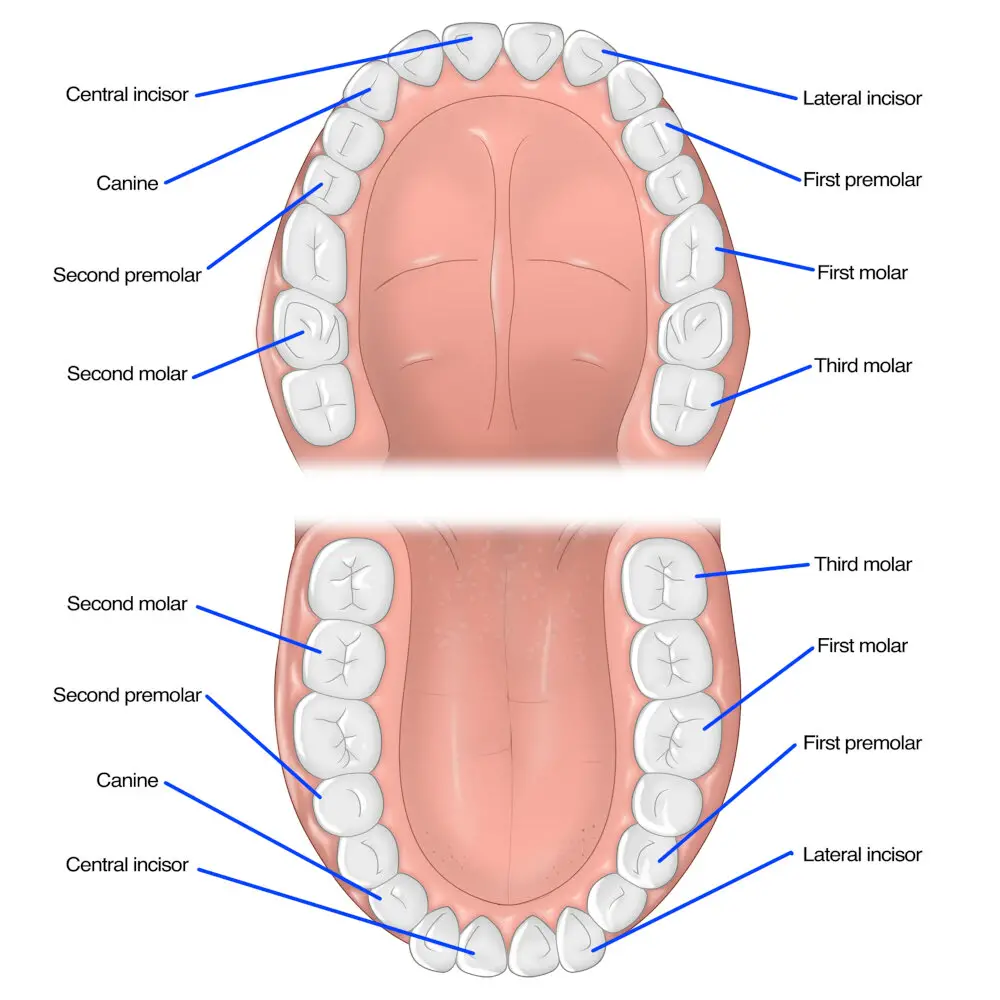
The consequences of not removing wisdom teeth can be severe and can cause a range of dental and oral health problems. One of the most common issues associated with impacted wisdom teeth is the development of gum disease. When wisdom teeth grow in an irregular position, they create gaps between the teeth where food and bacteria can accumulate, leading to an increased risk of infection and gum inflammation. This condition is known as pericoronitis and can cause significant pain and discomfort. In addition to gum disease, impacted wisdom teeth can also cause damage to surrounding teeth. The pressure from the growing tooth can cause overcrowding and misalignment of teeth, leading to a wide range of orthodontic problems. Moreover, impacted wisdom teeth can also cause cysts or tumors in the jaw, which can lead to bone damage and even nerve damage. Therefore, it is crucial to get wisdom teeth checked and removed as soon as possible to avoid these serious complications and maintain good oral health.
Pain and discomfort are common symptoms associated with wisdom teeth that have not been removed. When these molars do not have enough room to grow, they can become impacted, leading to pain, swelling, and infection. The pressure caused by the impacted teeth can also damage adjacent teeth and gums, resulting in further discomfort. Additionally, leaving wisdom teeth in place may increase the risk of developing cysts or tumors in the jaw, which can cause significant pain and require more extensive treatment. Therefore, it is important to consider removing wisdom teeth to prevent these unpleasant consequences.
The consequences of not removing wisdom teeth can lead to a domino effect of dental issues, including damage to surrounding teeth and gums. As wisdom teeth emerge, they can push against neighboring teeth, causing crowding, shifting, and misalignment. This can lead to bite problems, difficulty chewing, and even tooth decay due to the difficulty of cleaning crowded teeth. Additionally, wisdom teeth can cause gum inflammation and infection, leading to periodontal disease and bone loss. By removing wisdom teeth, these issues can be prevented, preserving the health and alignment of surrounding teeth and gums.
When wisdom teeth grow, they can cause various problems such as overcrowding, impaction, and infections. If not removed on time, they can increase the risk of oral infections and diseases. When wisdom teeth are impacted, the gum tissue around them can become inflamed, leading to bacterial growth. This can cause gum disease, cavities, and even tooth loss. Oral infections can also spread to other parts of the body, potentially leading to serious health problems. Therefore, it is important to have wisdom teeth removed if they are causing any issues to prevent further complications.
The development of serious health issues is a real possibility when wisdom teeth are not removed. These teeth often cause overcrowding in the mouth, leading to misalignment and pain. Additionally, wisdom teeth can become impacted, causing infections and abscesses that can spread throughout the body. The risk of gum disease and tooth decay also increases when wisdom teeth are not removed. Furthermore, leaving wisdom teeth in place can lead to cysts and tumors, which can damage the jawbone and surrounding teeth. Removing wisdom teeth may seem like an inconvenience, but it can prevent a host of health problems down the line.
The removal process
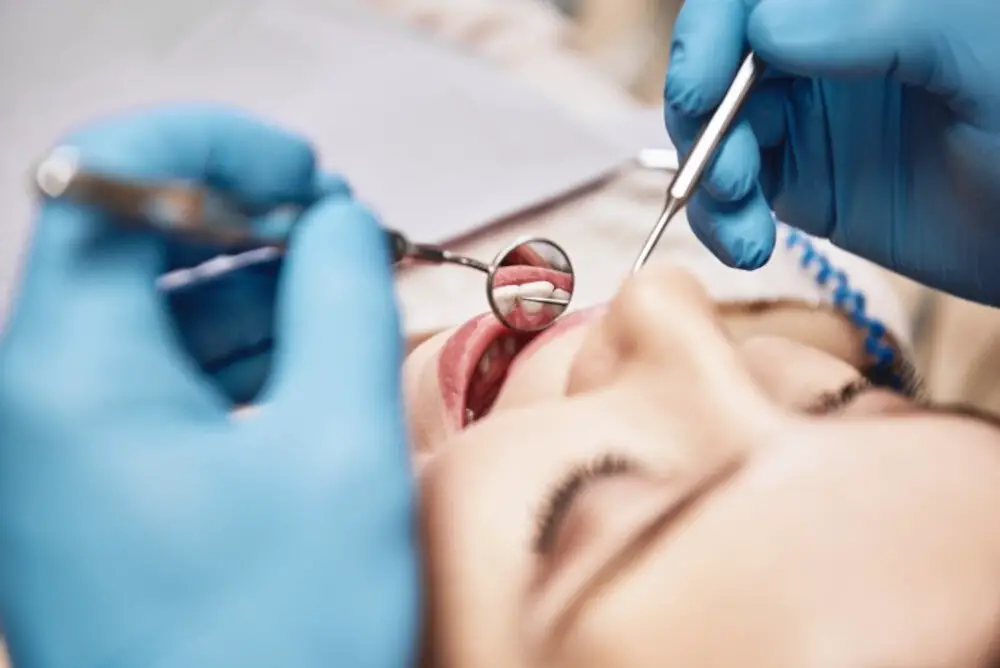
The removal process of wisdom teeth is a common procedure that is performed by dentists or oral surgeons. It involves the surgical extraction of the third set of molars located at the back of the mouth. The removal process is usually done under local anesthesia, and in some cases, general anesthesia, to ensure a painless experience. The dentist or oral surgeon will make an incision in the gum tissue to expose the tooth and then remove it from the socket using specialized tools. The incision is then closed with stitches, and the patient is given instructions on how to care for the wound during the healing process. While the removal process may seem daunting, it is important to understand the consequences of not getting wisdom teeth removed. Wisdom teeth can cause a variety of problems if they are not removed, including overcrowding, infection, and damage to surrounding teeth. Overcrowding occurs when there is not enough space in the mouth for the wisdom teeth to grow in, causing them to push against other teeth and shift them out of alignment. This can lead to crooked teeth, bite problems, and even jaw pain. Infection is also a risk if the wisdom teeth are not removed, as they can become impacted or partially erupted, trapping food and bacteria in the gums. This can cause swelling, pain, and even the formation of cysts. Ultimately, the removal process is a necessary step in maintaining good oral health and preventing future dental problems.
There are three types of anesthesia commonly used during the procedure of wisdom teeth removal: local anesthesia, sedation anesthesia, and general anesthesia. Local anesthesia numbs the area around the tooth and is often used for simple extractions. Sedation anesthesia, on the other hand, involves the administration of medication to help the patient relax and feel drowsy, but not unconscious. This type of anesthesia is often used for more complex extractions. General anesthesia is the most intensive form of anesthesia and renders the patient completely unconscious. This type of anesthesia is usually reserved for patients with certain medical conditions or those who are particularly anxious about the procedure. The type of anesthesia used will depend on the complexity of the extraction and the patient’s medical history.
Wisdom teeth removal is a common dental procedure performed to prevent various dental problems, including infections, tooth decay, and gum diseases. There are two main methods of removing wisdom teeth: surgical and nonsurgical. The surgical method involves making an incision in the gum and removing the teeth, while the nonsurgical method involves using forceps to extract the teeth. Both methods are safe and effective, and the choice of method depends on the patient’s condition and the location of the teeth. Leaving wisdom teeth untreated can result in severe pain, swelling, and infections that can spread to other parts of the body. Therefore, it is essential to get them removed to maintain good oral health.
Aftercare and recovery instructions are crucial to follow after wisdom teeth removal. It is important to rest for the first few days and avoid strenuous activities. Applying ice packs to the affected area can help reduce swelling and discomfort. Eating soft foods and drinking plenty of fluids is recommended during the first few days. It is also important to maintain good oral hygiene by gently brushing and rinsing the mouth with warm salt water. Pain medication and antibiotics may be prescribed by the dentist to manage any discomfort or prevent infection. It is important to attend any follow-up appointments to ensure proper healing and recovery. Not following aftercare instructions can lead to complications such as dry socket or infection, which can cause further pain and delay the healing process.
Removing wisdom teeth is an essential dental procedure that many people undergo to prevent future dental problems. Wisdom teeth, also known as third molars, often grow in an awkward position, causing pain, swelling, and infection. If left untreated, they can lead to serious dental issues, including gum disease, tooth decay, and damage to nearby teeth. Besides, these teeth can also cause cysts and tumors, leading to bone loss and nerve damage. Therefore, it is crucial to remove wisdom teeth early on to avoid further complications. By doing so, individuals can maintain good oral health, prevent dental emergencies, and save themselves from the discomfort and pain associated with the growth of wisdom teeth.
It is highly recommended to consult with a dental professional if you are experiencing any discomfort or issues with your wisdom teeth. Ignoring the symptoms of impacted wisdom teeth can lead to severe complications such as gum disease, tooth decay, and even cysts or tumors. A dental professional can perform a thorough examination and determine whether or not extraction is necessary. While the thought of wisdom teeth removal may seem daunting, it is a routine procedure that can prevent further oral health problems in the future. Don’t hesitate to seek professional advice and take control of your oral health.
Prevention and early treatment are key to maintaining good oral health, especially when it comes to wisdom teeth. Removing wisdom teeth is important because it can prevent potential problems such as infections, crowding, and damage to adjacent teeth. Ignoring the issue can lead to more serious consequences down the line, including cysts, tumors, and even more extensive surgeries. By addressing the problem early on, patients can avoid unnecessary pain, discomfort, and expense, and maintain a healthy and beautiful smile for years to come. It’s important to consult with a qualified dental professional to determine the best course of action for your individual needs.
Conclusion
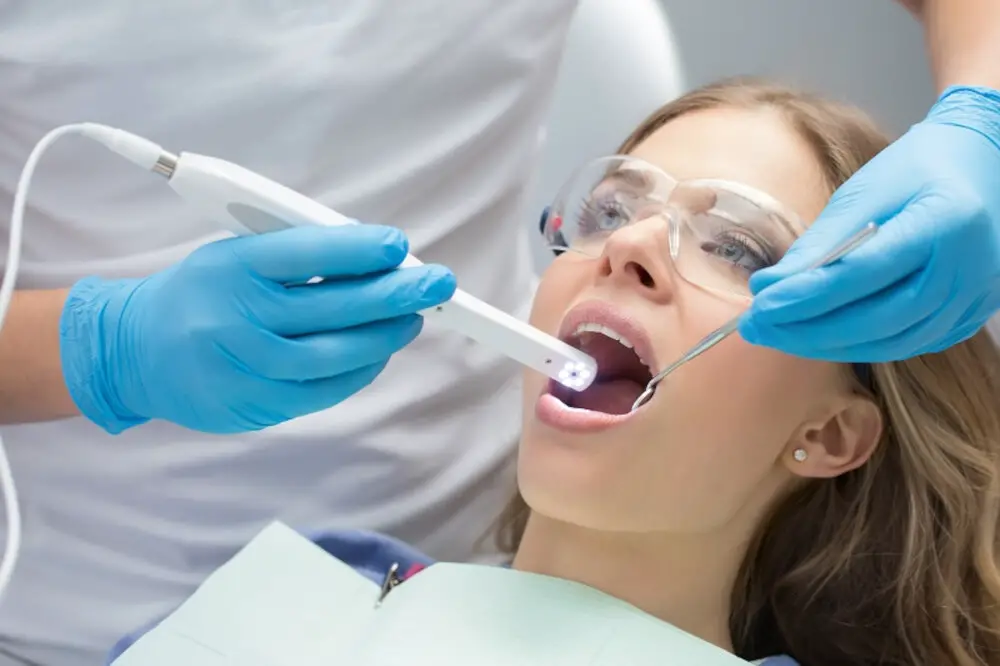
In conclusion, removing wisdom teeth is crucial for maintaining oral health and preventing potential complications. Neglecting to remove these teeth can lead to numerous consequences, such as dental pain, gum disease, and even infections that can spread to other parts of the body. While the process of removing wisdom teeth may seem daunting, it is a routine procedure that can be completed with minimal discomfort and long-term benefits. Therefore, it is essential to consult with a dental professional and determine the best course of action for your oral health. By taking the necessary steps to remove wisdom teeth, individuals can avoid the negative consequences and enjoy a healthy and pain-free smile.
